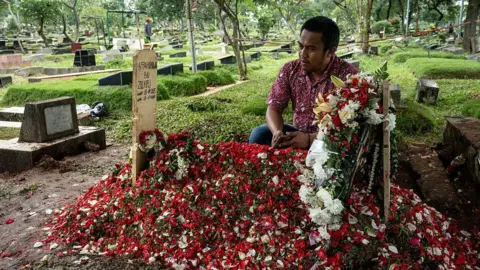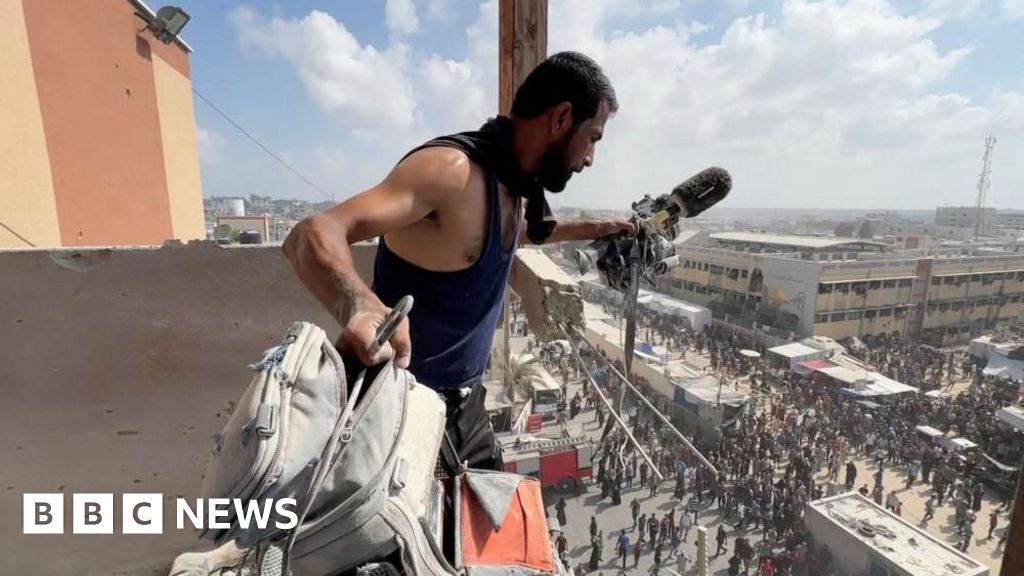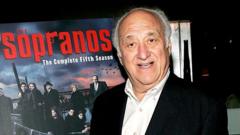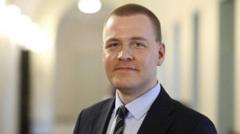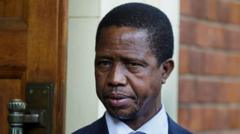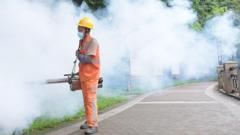In a somber turn of events, Pope Francis, who was released from the hospital just weeks ago due to a serious respiratory issue, passed away on Monday at the Vatican’s Casa Santa Marta. While the Vatican has yet to disclose the precise cause of his death, reports indicate that he had recently endured significant health struggles, including a lifethreatening respiratory infection that had him hospitalized for weeks.
In the days leading up to his passing, the Pope made a limited number of public appearances, further signaling his ongoing health challenges. Just a day before his death, he met with the Vice President and blessed faithful attendees of Easter Mass in St. Peter’s Square. His fragile health was evident, as he spoke with a weak and raspy voice, a stark reminder of his struggles.
Francis had a long history of respiratory issues and had faced various health battles, including bronchitis, particularly during the winter months. As the Catholic Church prepares to honor his legacy, many are left pondering what comes next in the wake of his death, including the timing of his funeral and the selection process for his successor.
Both the clergy and Catholic devotees around the world are expected to pay their respects in the coming days, although the Vatican has not yet announced specific plans for memorial services.
Pope Francis will be remembered not only for his efforts towards reform within the Church but also for his dedication to social justice, environmental stewardship, and fostering global dialogue across beliefs. The world looks onward as discussions about potential successors begin, signaling a crucial turning point in the history of the Church, and the future direction it may take.
In the days leading up to his passing, the Pope made a limited number of public appearances, further signaling his ongoing health challenges. Just a day before his death, he met with the Vice President and blessed faithful attendees of Easter Mass in St. Peter’s Square. His fragile health was evident, as he spoke with a weak and raspy voice, a stark reminder of his struggles.
Francis had a long history of respiratory issues and had faced various health battles, including bronchitis, particularly during the winter months. As the Catholic Church prepares to honor his legacy, many are left pondering what comes next in the wake of his death, including the timing of his funeral and the selection process for his successor.
Both the clergy and Catholic devotees around the world are expected to pay their respects in the coming days, although the Vatican has not yet announced specific plans for memorial services.
Pope Francis will be remembered not only for his efforts towards reform within the Church but also for his dedication to social justice, environmental stewardship, and fostering global dialogue across beliefs. The world looks onward as discussions about potential successors begin, signaling a crucial turning point in the history of the Church, and the future direction it may take.









